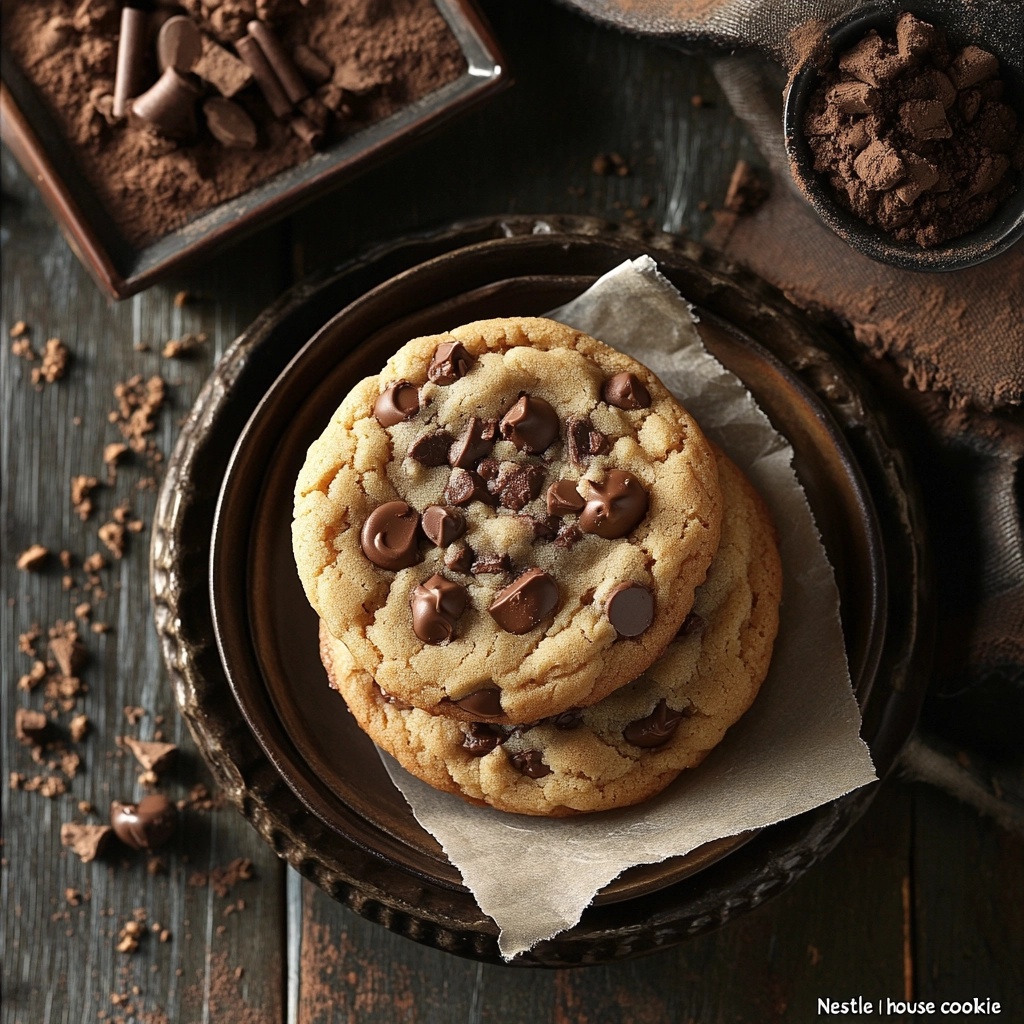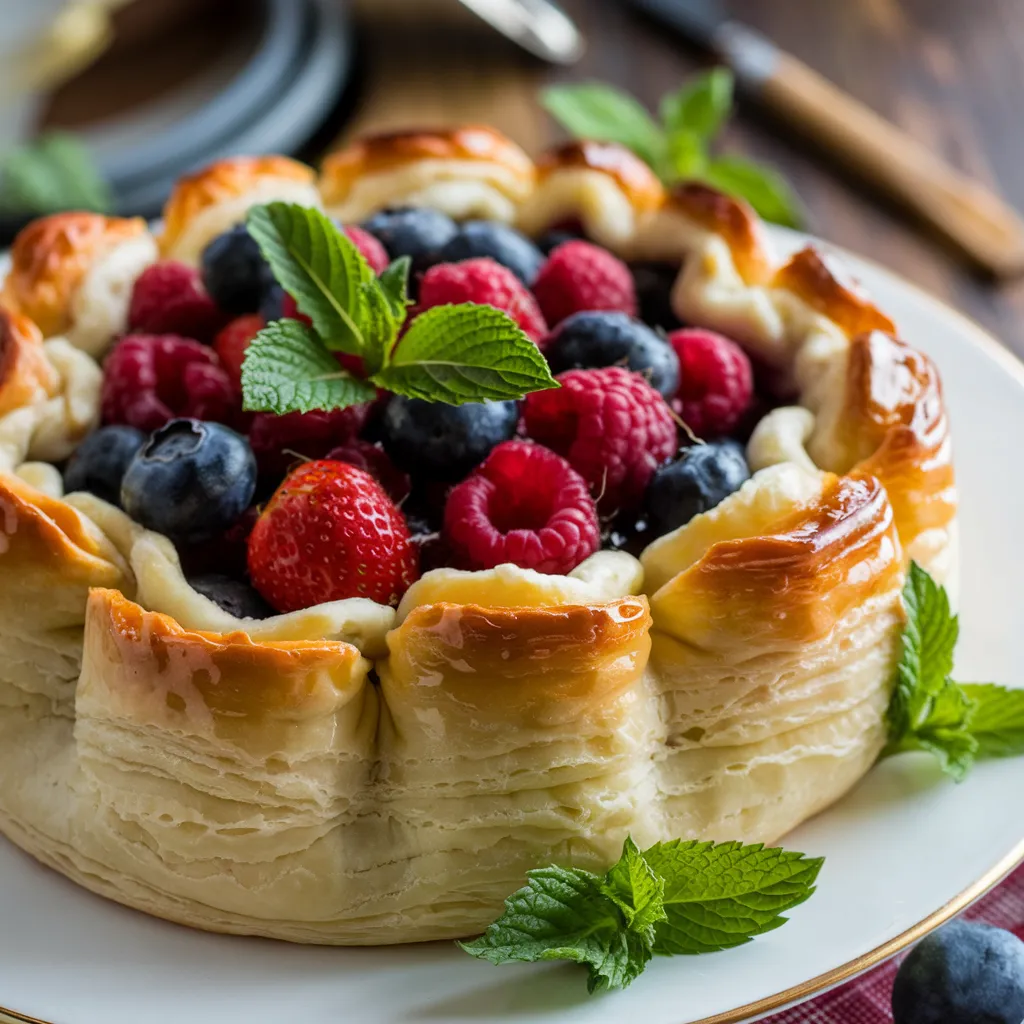What Country Invented Cookies?
Cookies are a beloved treat enjoyed worldwide, from the chewy chocolate chip variety in America to the delicate biscotti of Italy. But have you ever wondered, what country invented cookies? The answer reveals a rich history that spans centuries and continents, telling the story of how these sweet treats became a global favorite.
Introduction: The Popularity and Origins of Cookies
Cookies, known by various names around the world, are a universal symbol of comfort and joy. Enjoyed with a glass of milk, a cup of tea, or on their own, these sweet treats hold a special place in our hearts and kitchens. The question of what country invented cookies is as fascinating as the cookies themselves, taking us back to ancient times and across multiple cultures.
If you’re curious about another classic treat, explore the ultimate Toll House cookie recipe, which played a crucial role in American cookie history.
Ancient Beginnings: Where Did Cookies First Appear?
The story of what country invented cookies begins in ancient Egypt and Mesopotamia, where early forms of baked goods emerged. These civilizations used rudimentary ovens and experimented with dough made from grains and sweetened with honey. Although not the cookies we know today, these early creations laid the foundation for the global treat we love.
In these ancient cultures, people used baked goods in religious ceremonies and as offerings to gods. These early baked items were symbols of prosperity and devotion, not just food.
Medieval Europe: The Birthplace of Modern Cookies
Medieval Europe marks the true beginning of modern cookies. The introduction of sugar during the Crusades transformed baking, allowing for sweeter and more diverse treats. During this time, the Dutch started making small, sweet cakes called “koekjes,” meaning “little cakes” in Dutch. Bakers often used leftover dough for these early cookies, testing oven temperatures. As they gained popularity, these treats spread across Europe and into the New World, further defining what country invented cookies.
For those experimenting with baking, particularly with sourdough, explore delicious sourdough discard recipes that offer a modern twist on ancient practices.
Cookies in the Dutch Golden Age: A Key Moment in the History of Cookies
The Dutch significantly popularized cookies during the Dutch Golden Age. As the Netherlands became a global trade power, cookies spread to different parts of the world, including America. Dutch settlers brought their beloved “koekjes” to the New World, where locals quickly embraced and adapted them.
During this period, cookie recipes evolved, incorporating spices and nuts made more accessible through trade. This evolution set the stage for the diverse cookie recipes that followed in later centuries, solidifying the Netherlands’ role in what country invented cookies.
The British Empire and the Global Spread of Cookies
The British Empire further spread cookies as it expanded globally. Colonists and traders introduced cookies to new regions, where locals adapted them to local flavors and ingredients. This globalization led to new varieties, such as biscuits in the United Kingdom, which became staples in British tea culture.
National Geographic offers a fascinating look at the story of sugar, a key ingredient in the development of cookies.

Cookies in America: The Evolution and Popularization of American Cookies
America became the true home of cookies, giving birth to iconic varieties we know today. Ruth Wakefield invented the chocolate chip cookie in the 1930s at the Toll House Inn in Massachusetts. This invention revolutionized the cookie world, leading to mass production and commercialization, firmly establishing the U.S. in the story of what country invented cookies.
American innovation in cookie-making didn’t stop with chocolate chip cookies. The U.S. became a hub of cookie creativity, producing countless recipes and variations. From chewy oatmeal cookies to festive sugar cookies, American cookies became cultural staples.
Cookies in Contemporary Global Culture: The Impact of Technology and Innovation
Today, cookies have become a global phenomenon, transcending their humble origins. They play significant roles in various cultural celebrations and traditions, from Christmas cookies in Europe to fortune cookies in Chinese-American cuisine.
The rise of gourmet cookie shops and cookie customization has further cemented their place in contemporary culture. Modern cookies are more than just treats—they are canvases for creativity, expressions of personal taste, and ways to connect with others.
The Influence of Technology on Cookie Production and the Future of Baking
Technology has played a crucial role in the industrialization and mass production of cookies. Automated cookie cutters and sophisticated baking machines have made the process more efficient and consistent. These advancements have not only increased cookie availability but also sparked new innovations in recipes and flavors.
Looking ahead, advanced technologies like 3D printing and AI-driven recipe development may shape the future of cookie production. These innovations promise to keep cookies at the forefront of culinary creativity.
BBC Food explores the origins of baking, highlighting how technological advancements have shaped cookie-making today.
Conclusion: Understanding What Country Invented Cookies and Their Global Legacy
From ancient times to the modern day, the journey of cookies demonstrates the power of food to connect cultures and bring joy. As we’ve seen, what country invented cookies is more than just a question—it’s a journey through time, culture, and innovation. Cookies are global legacies, symbols of home and comfort that transcend borders.
As we continue to innovate and experiment with new flavors and techniques, the story of cookies will undoubtedly evolve. But one thing remains certain: wherever you are in the world, there’s nothing quite like the simple pleasure of enjoying a cookie.
FAQs
- Who invented the first cookie?
- The first modern cookies likely originated in medieval Europe, particularly in the Netherlands.
- Why are cookies called “cookies”?
- The word “cookie” comes from the Dutch “koekje,” meaning “little cake.”
- What was the first cookie made of?
- Early cookies were simple sweet cakes made with sugar, flour, and other basic ingredients.
- How did cookies become popular in America?
- Dutch settlers introduced cookies to America, where they quickly gained popularity and evolved into unique recipes.
- Are cookies and biscuits the same?
- While similar, cookies and biscuits differ in texture and cultural context. Biscuits are typically crisper and more common in the UK, while cookies are often softer and more popular in the US.





